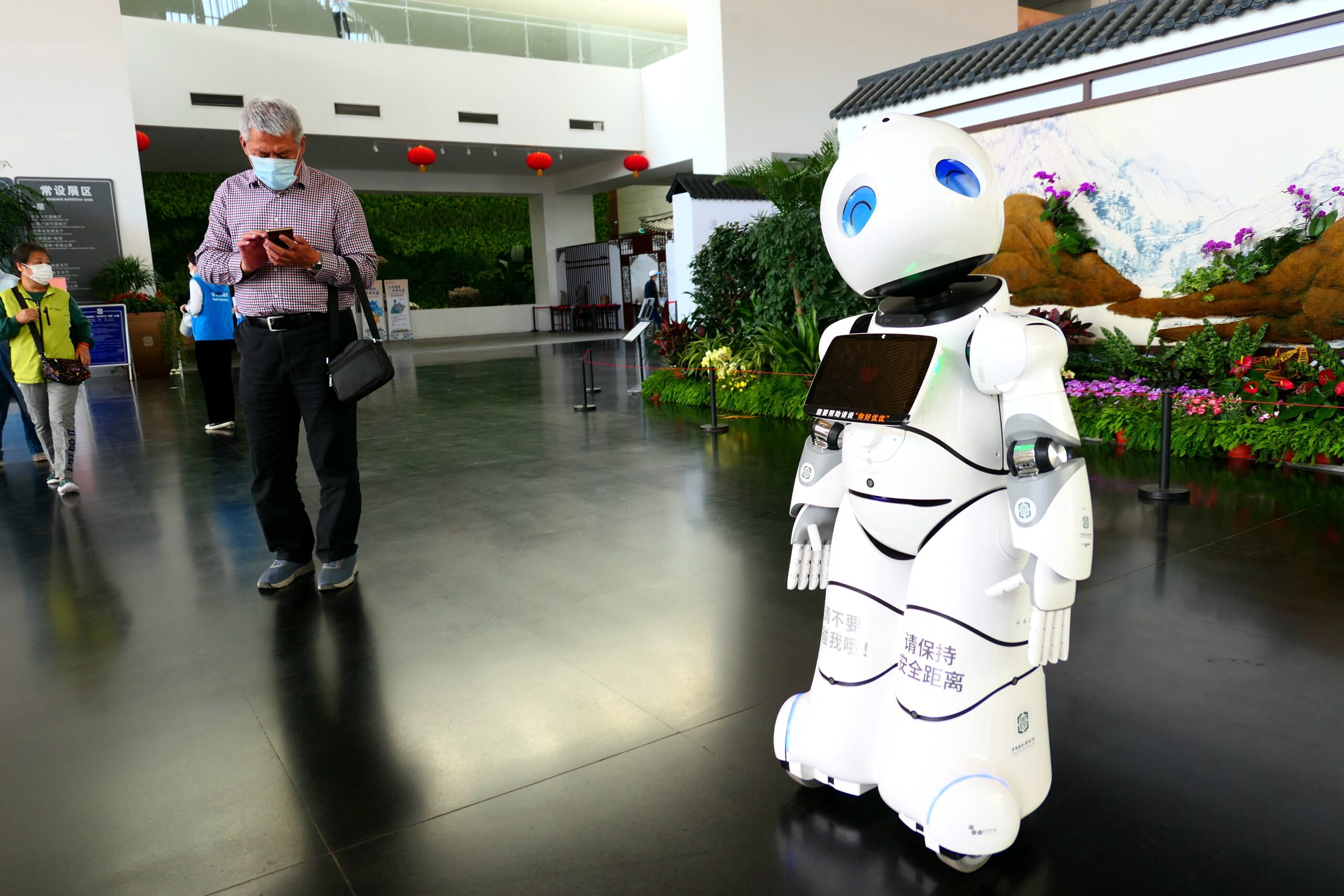You may not know it, but everything, and I mean everything, is being automated. As we speak a revolution of consumerism is turning and a generation of apathetic consumers, making price-driven purchase decisions, is passing. Automation is on the rise across all industries. Machine learning and engineering developments are rendering many aspects of professions obsolete.
Automation will take care of every basic standard of career and business. This means that whatever you do there’s a level of efficiency, recognition and pattern repetition that can be commoditised, whether you’re a lawyer, doctor, writer or speaker. Value in our world used to come from doing rudimentary things such as reading and writing contracts or taking temperatures or setting bones. Now machines can do this all … and better.
The passion economy
Jeremy Rifkin, a global economist who advises China, Germany and the EU on the third industrial revolution speaks in his book, The Zero Marginal Cost Society how every time something is digitised, it’s repeated for almost free.
The whole world is moving in this direction — in other words, eventually everything will virtually be free — think communication and photos, as an example. According to Rifkin, energy and transportation are next. I’m still struggling to get my mind around that. Though this doesn’t seem possible, remember that at some point we couldn’t imagine how communication and photos would ever become almost free, either.
In a world in which everything is essentially free, how do we determine value and on what do we place value?
The only thing that isn’t commoditisable and automatable, as yet, is emotional and social connection. As far as I’m concerned, the societal shift towards creative passions cannot come fast enough.
It’s called the passion economy, and it’s about finding and developing something you really love and profiting from it. This passion economy places a premium on softer skills such as personality and creativity. The way the passion economy empowers the individual will change our existing notions of careers, putting an end to the conventional path to university, internship or climbing the corporate ladder.
By developing new products or services that are cheaper, simpler and more convenient, workers in the passion economy can tap into large segments of the economy that they could not previously access or afford, or they were sated with traditional offerings. In this way, the passion economy business has the potential to disrupt big businesses.
Passion economy as a disruptor
As a theory developed by Harvard Business School professor Clayton Christensen in the 1990s, ‘disruption’, as it’s coined, has been widely referenced but largely misunderstood. Contrary to popular belief, disruptive innovations are not breakthrough innovations that make good products better.
Instead, they are innovations that either enter at the bottom of the market and serve a lower-profit segment, or that target consumers who previously could not access or afford a product or service. This process is enabled by technological change and business model innovations.
Because disruptive innovations tend to be seen initially as inferior to existing solutions, they’re often underrated by market entrants who tend to focus on serving large existing markets with greater profitability.
Engineer, physician and entrepreneur Peter Diamandis refers to the 6 Ds: digitized, deceptive, disruptive, dematerialised, demonetised and democratised. He calls disruptive innovation, “A chain reaction of technological progression, a road map of rapid development that always leads to enormous upheaval and opportunity.”
Hone genuine interests
What is required of us is to hone genuine interests rather than learning skills that we believe look good in the eyes of our employers or parents or spouses. It will move power out of big institutions and into the hands of individuals, placing emphasis on entrepreneurship, creativity, speciality and accountability.
The passion economy is not just about being your own boss, it’s about offering unique content and engaging communities.
Technology plays the role of the enabler not the intermediary. You can now share your passion on a paying platform.
More than just another social media platform, these portals are more personalised towards creators’ needs. In fact, the more we hear how social media is playing with our minds and wasting our time, the more advantageous it becomes to use these platforms.
New tools make it easier than ever for prospective workers to earn an income by tapping into passions and unique skills. Examples include writers on Substack publishing their own subscription newsletters, professional video game streamers on Twitch and Caffeine, video course creators on Teachable and Podia, and online teachers on K-12 learning platforms Outschool and Juni Learning.
What if you don’t have any hobbies and you don’t know what your passion is … and you hate your job?
The new renaissance is all about accessing our genius and our passion and sharing it with the world. Everything else will be for free, automated and digitised.
I have a simple piece of advice for you. Seek curiosity, not passion. Curiosity is the gateway to your passion. Passion doesn’t just arrive because you’re looking for it, you’ve got to follow the golden thread of curiosity and in that process realise that you alone are uniquely curious about things that no one else is curious about. If the combination and range of curiosities come together, you will develop passion and you hold the potential to offer this as a service.
In our surplus society where everyone has been trained by universities to be the same, that’s caused a surplus of very smart people all educated in similar ways.
Confidence requires us to know that we don’t want to be part of a society of excess but to be part of a passionate economy. This is where artificial intelligence (AI) is waiting in the wings.
Your job is easier and less demanding because of intelligent automation. In this new world, AI technologies are based on human-machine cooperation, not human displacement. Now you have time to do something meaningful rather than just sit in front of the computer for eight hours straight!
Keeping that in mind, try answering these questions:
- Are you willing to let go of the herd mentality and carve your own niche?
- Are you prepared to spend an hour a day being curious, following the golden thread of your passion, so that over time you become knowledgeable and then an expert?
- Are you open to an informal education, which means pursuing the things that ignite your excitement and interest?
What if sustainability is the first priority?
If you can imagine that then it will result in a world where we work together with AI to make our lives less complicated, where we work at something we like, not just because we have to pay the rent. In this world, the concepts of leisure and work would be reframed.
Philosophers and economists have predicted human displacement for a long time, but it didn’t affect the labour market the way it was expected to. The expectation was that there would be too much free time because of machines or automation.
But now all economic interactions are looking for limitless growth and sustainability.
Hopefully, the next generations are more open to new systems that are not just capitalism or socialism, but which help to build on sustainability and inclusion, where the legislation promotes equality and AI is designed in such a way that it truly benefits and works in communion with humankind.




